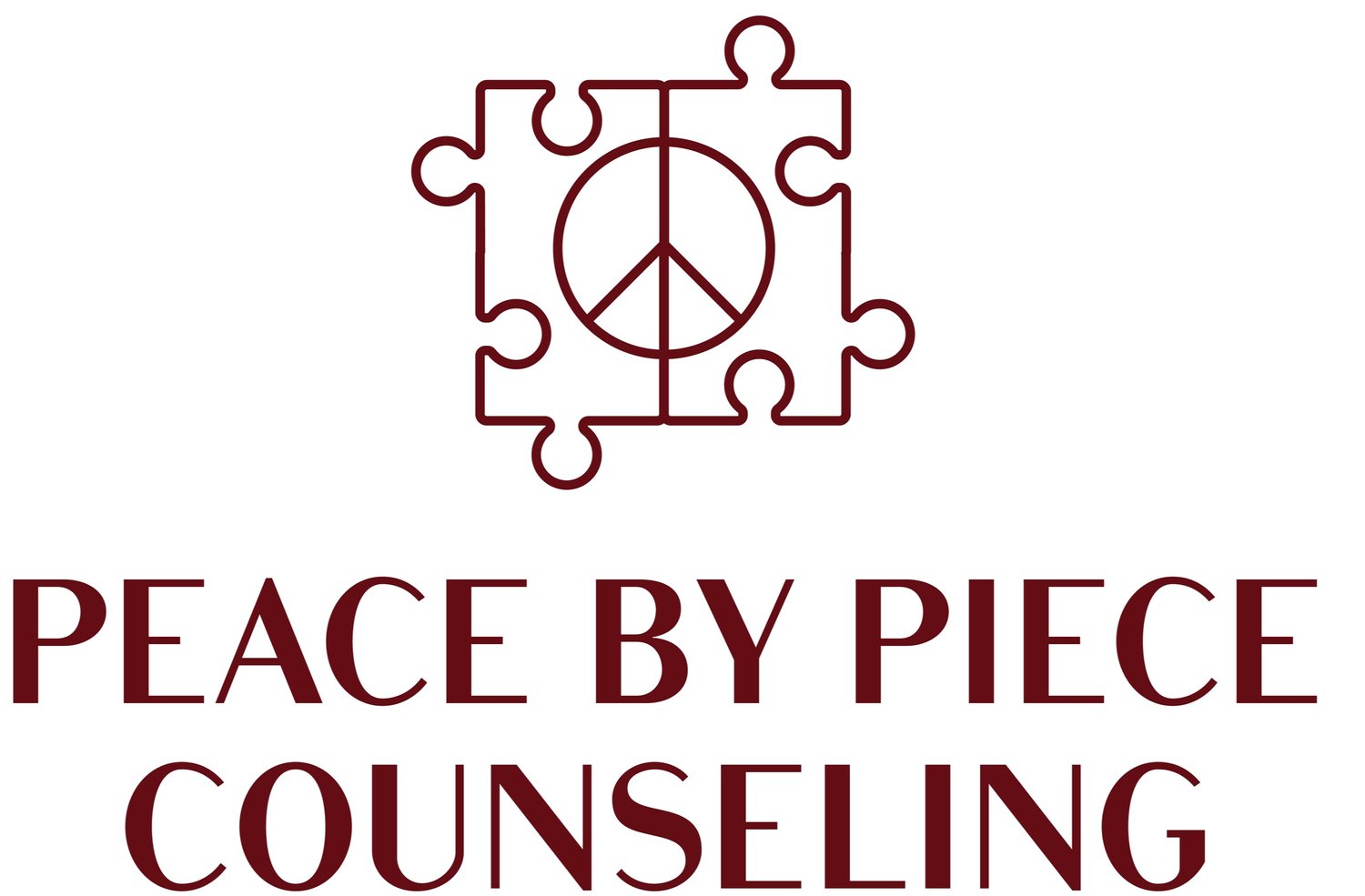Why Bringing Your Child to Therapy is Worth It, Even When You're in the Dark
As a loving parent, your child's well-being is your top priority. You want to ensure they have every opportunity to grow, thrive, and overcome any challenges life throws their way. Sometimes, this means seeking professional help, such as therapy. However, bringing your child to therapy can be a daunting experience, especially when you're not privy to the conversations happening behind closed doors.
It's natural to wonder what your child is discussing during their therapy sessions. Are they sharing their fears, dreams, or struggles? The truth is, you may never know the specifics, and that's perfectly okay. What's most important is recognizing that therapy provides your child with a safe and confidential space to process their feelings.
In therapy, your child can express themselves without the fear of judgment or consequences. They can explore their emotions, work through challenges, and develop essential coping skills. This privacy fosters trust between them and their therapist, allowing for open and honest communication.
While you may not be privy to the details of their therapy sessions, you can take comfort in knowing that your child is receiving the support they need in a confidential environment. Trusting the therapeutic process and respecting their privacy empowers them to grow and heal, ultimately helping them lead happier and healthier lives.
It's important to note that therapists are ethically and legally bound to maintain confidentiality, but there are exceptions. Therapists are required to share certain details with parents, especially when safety and risk concerns arise. This ensures that your child's well-being remains a top priority, even as they benefit from the privacy of therapy.
When there are significant safety or risk concerns, therapists will collaborate with parents to create a safe and supportive environment for your child. This partnership between therapist and parent helps ensure that everyone is working together to provide the best possible care.
In addition to confidentiality and safety, therapy also offers your child a chance to develop essential life skills. They can learn effective ways to manage stress, communicate their needs, and build resilience. These skills are invaluable, as they equip your child with tools to navigate the challenges that life may present.
Your commitment to your child's well-being speaks volumes, even if you're in the dark about the specifics of their therapy sessions. Trusting the therapeutic process, respecting their privacy, and collaborating with their therapist when necessary all contribute to your child's growth and healing. By providing them with a safe and confidential space to process their feelings, you are giving them the gift of a brighter and more emotionally resilient future.

